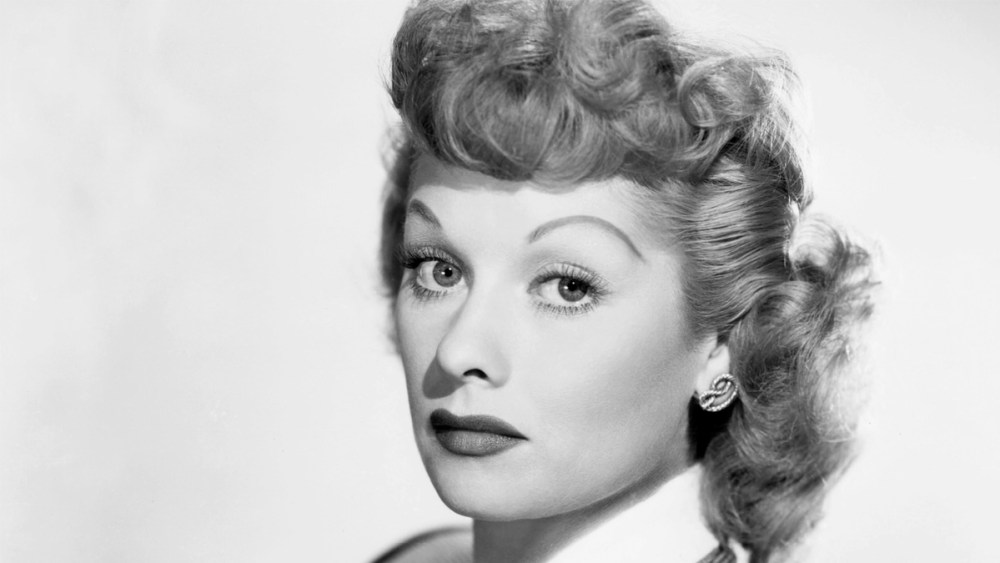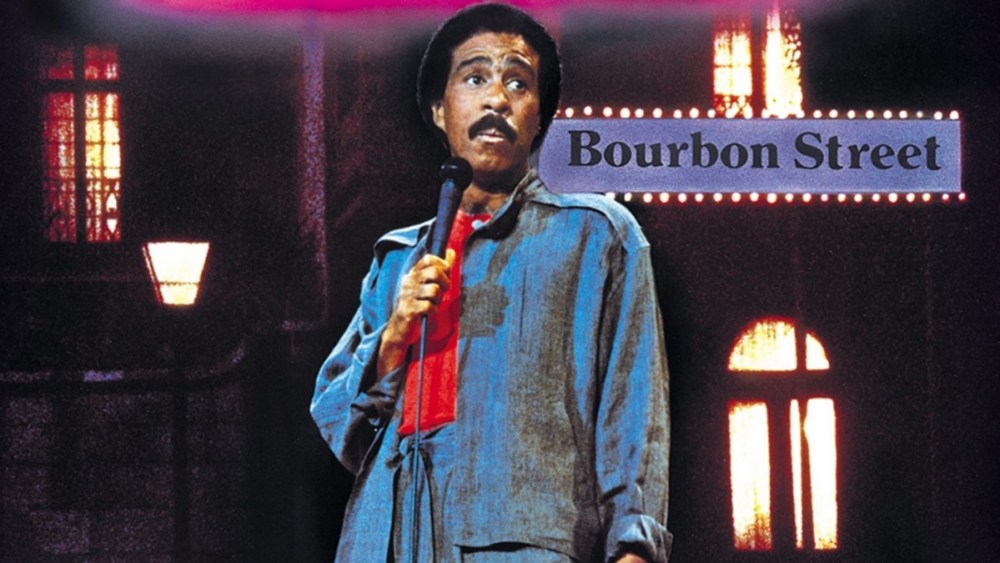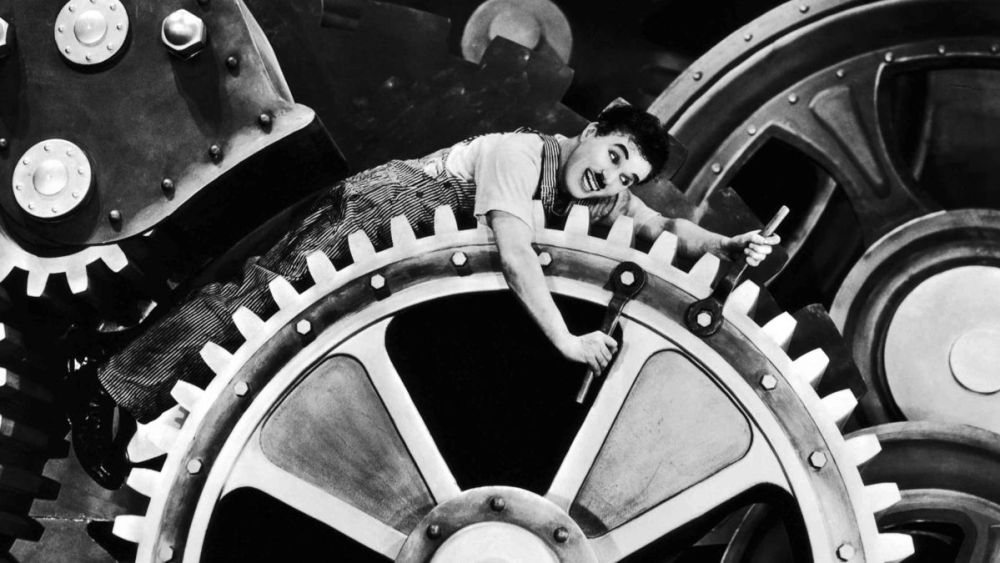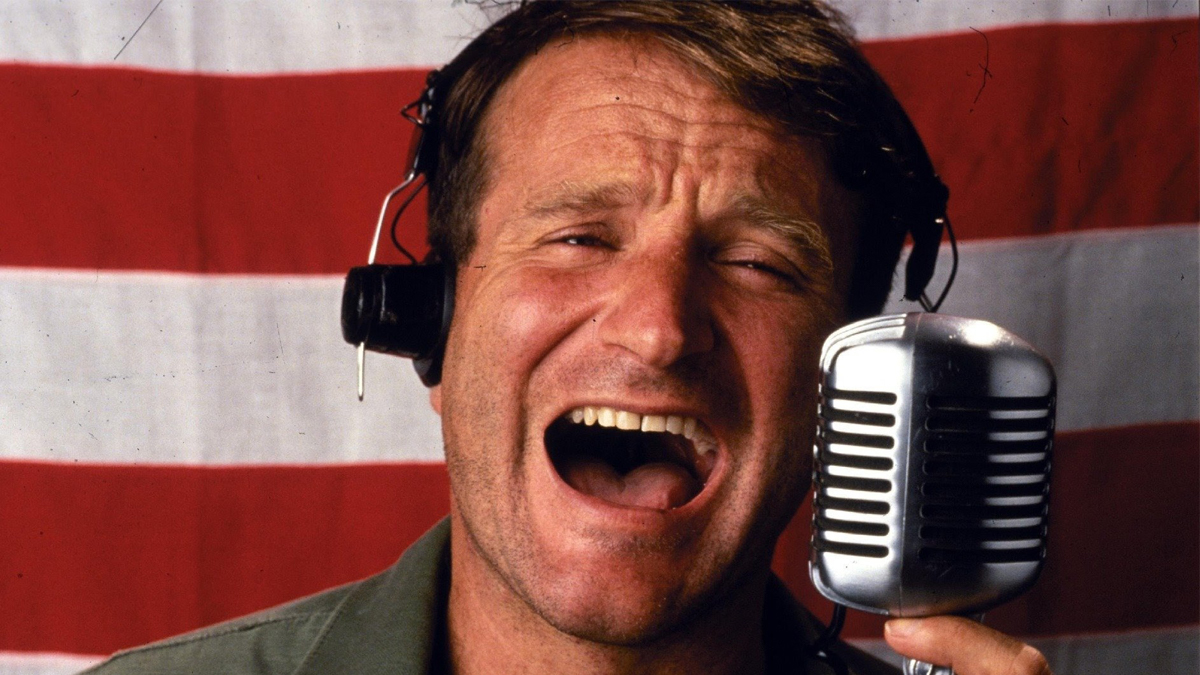Comedy has been one of the genres most used in cinema since its embryonic beginnings in the silent era. It has been used to denounce bad things in our society in an entertaining way and is also instrumental in making people laugh, one of the greatest emotions in life.
There have been incredible comedy actors over the years that earned the laughs of generations, from Peter Sellers, Steve Martin, John Candy, Monty Python, Katherine Hepburn, Bill Murray, Buster Keaton, the Marx Brothers, and many more. But a few of them changed the genre, and the medium, one laugh at a time. Here are the four actors that make up the Rushmore of Comedy
Robin Williams
If improvisation could be monetized, Robin Williams would’ve been the richest man in the whole world. His improvisational manic riffs were what made him noticeable when he was doing stand-up in San Francisco in the ’70s, and it was also one of the best qualities in his many Hollywood movies.
Although his first role was on the TV sitcom Mork & Mindy, it was obvious Williams was going to be one of the biggest stars on the planet. Back then, he was already hijacking scenes and making a comedy meal with his unique, fast brain. When Barry Levinson was looking for a lead character for his Good Morning, Vietnam, there was only one man for the job: Williams. His performance was incredible, and he improvised every take of what his character said on air, proving how quick-witted he was. The pic earned the actor and comedian his first Best Actor Oscar nomination.
Something similar happened in Aladdin, where Williams voiced the Genie, and the studio decided to record the actor before drawing anything as they knew he would improvise incredible asides and jokes.
The comedian was one of the biggest stars of the nineties, with movies both comedic and dramatic, that showed all his range as an actor, his comedy brilliance but also the fragility, empathy, and heart underneath the jokes. He was the star of PG-13 movies like Mrs. Doubtfire, Jumanji, Father’s Day, and he could also deliver heartfelt, dramatic performances in Good Will Hunting, Awakenings, Dead Poets Society, or Insomnia.
Williams’s manic riffs and improvisational skills also made him one of the greatest late-night guests ever. He took control and made everyone laugh, including the host, be it John Stewart, David Letterman, or Johnny Carson (who chose Williams as the last comedian to appear in the show before his retirement). That energy and craziness were what made Williams such an incredible comedian.
Lucille Ball

Lucille Ball is one of the greatest comedians America has ever seen, a woman who broke barriers both in front and behind the camera while making America laugh till it hurt.
The actress was one of the greatest physical comedians, with incredible facial expressions and body language, and a killer sense of humor. Those were the basis of her Lucy, as she was willing to make a fool of herself for laughs.
She started as a model and actress, playing supporting roles in ‘40s films like Easy Living or Sorrowful Jones, and is best-known as the “Queen of B-Movies.” Back then, the comedian didn’t believe she was funny, as comedy wasn’t something that came naturally to her, so she planned to work her way to the top as a serious actress.
When the phone stopped ringing, Ball knew she had to do something differently and become the master of her own destiny. She changed gears and found success on the radio with the series My Favorite Husband. There, the actress started working with the three comedy writers she would take to every one of their jobs: Jess Oppenheimer, Bob Carroll Jr., and Madelyn Pugh (a female writer was a rarity back then). In this radio show, Ball created the genesis of what would become the Lucy character and honed her abilities obsessively.
After the success of her radio show, CBS wanted to adapt it. The comedian only would accept if her real-life husband, Desi Arnaz, played her TV husband. The company was against it as there had never been an interracial couple on TV. While they decided, Ball and Arnaz toured the country with their new act, the basis that would become I Love Lucy to prove audiences loved them and wanted more of them. CBS accepted, and one of the greatest comedic TV shows was born.
I Love Lucy made history for many reasons, becoming a show full of firsts, as Ball didn’t mind pushing the envelope if it felt natural for her character. It was the first TV interracial marriage, the first lead actress over 40, and the first actress to show she was pregnant on camera.
It was also a revolutionary show behind the camera, as it was the first recorded with a studio audience and with three cameras, a model that is still largely used today for modern sitcoms (Friends or The Big Bang Theory were also shot this way).
If all that wasn’t enough, Ball also became one of the first female TV producers, creating her own production company with her husband, Desilu, that produced her show and many more, like Star Trek and Mission Impossible. That’s right, without Lucille Ball, Leonard Nimoy would’ve been an unknown writer, and Tom Cruise might’ve been an almost sixty-year-old actor without any franchise to his name.
Lucille Ball was hilarious, but she was also a revolutionary, a female icon, and a star who paved the way for female comedians and women in the movie and TV business. She did it all while making us laugh with every joke.
Richard Pryor

Richard Pryor changed stand-up forever. He was The Beatles, Picasso, and Orson Welles all rolled into one, and every comic today is influenced by him, even if they don’t know it. There wouldn’t be Chris Rock, Dave Chapelle, Eddie Murphy, Jerry Seinfeld, Kevin Hart, or John Mulaney without him, as he was the first to make stand-up a personal and political thing. Many comedians even say the day it was released Richard Pryor: Live in Concert, was the day modern comedy was born and that it’s the best comedy album ever.
The stand-up comedian didn’t have the greatest of childhoods and lived both in 1960s New York, where he discovered improv, and 1970s Berkeley, where he reinvented his act and was influenced by the counterculture and the anti-war movement. Pryor had already tried to be a Hollywood actor, but it was on stage where he was most himself changing stand-up forever in the process.
His life influenced everything he did and said onstage – even the bad experiences, well… especially the bad experiences, creating a world where Pryor could be hilarious while talking about some of the darkest parts of his life. He was also one of the first to curse on stage, something that was prohibited by law and that he got arrested for doing.
Pryor talked about topics like police brutality, racism, sex, and slavery, themes that were not stand-up material back then, and used humor as a weapon to show people some of the worst parts of being an African American in the United States. He was totally open about his experiences and talked publicly on stage about his drug addiction or his sex life if that would make for a great joke.
Stand-up culture evolved around Pryor, and through him, as he was a ball of energy on stage who moved, shouted, mimicked, and ran… he did it all. People were still laughing at one joke, and he had already delivered three more which were just as funny, making a cacophony of laughs with every word he uttered. His attitude might’ve been aggressive and confrontational, but the comedian was also a vulnerable soul who shared his truths and experiences; he never kept anything about his personal life off limits.
Once he had conquered the stage, Pryor went back to Hollywood and became the mainstream star he always should’ve been, with films like Bustin’ Loose, See No Evil, Hear No Evil, and Stir Crazy. Even then, his first love, his one love, was stand-up, and he kept doing it even when he was sick.
After being diagnosed with multiple sclerosis, Pryor started getting on stage with a wheelchair, and of course, his first joke of the night was about that fact, being personal to get the greatest of laughs. He wouldn’t want it any other way.
Charlie Chaplin

Charlie Chaplin was one of the first artists in the world of cinema, rising to fame in the silent era with his character “The Tramp.” The actor was a perfectionist, and a control freak, that, once he had become popular, he wrote, directed, produced, edited, starred in, and composed the music for most of his films.
Back then, comedy was slapstick and exaggeration, as it was easier for people to understand those silent stories. Chaplin decided to add pathos to the comedy, and consequences, creating a new type of comedy, one where the audience empathized with his lead character, making the viewer both laugh and cry. His Tramp was an underdog, someone struggling against adversity and pessimism, alienated from society, who tried to do the right thing while also trying to survive.
The character and the actor became indistinguishable from each other, and his iconic style: bowler hat, cane, silly toothbrush mustache, and strange walk, became his trademark. Chaplin made people laugh, but he was also an incredible actor, as he committed fully to the reality of every moment he was playing, making it as real as possible. That seriousness and commitment were what made some of his actions even funnier.
The actor had incredible comic timing and could’ve lived only with that, but Chaplin decided he wanted his movies to say more, so he added social and political commentary to his comedy, creating pictures where laughs were as important as being didactic about some themes he found troubling and are still important today.
Some of the things he criticized still happen today. For example, the factory culture and how employers had become pawns, not seen as real people by their bosses, but only as a number of how much money they could produce in an hour. Sounds pretty familiar, no? The scene where they put him in a machine that would make the employers eat faster is hilarious and also shows how even back then, bosses were already fixated on optimization (even if the word didn’t exist back then).
Obviously, his more famous critique become his greatest box office success and his most controversial: The Great Dictator. He satirized Adolf Hitler when he was still in power, and showed how nazism and hate for other people were ridiculous and scary, something we still need to think about today.
Even all these years later, Chaplin is still considered the first God of comedy, and every comedy actor that’s existed has used his ideas one way or another. Even if it’s to create their own style later, you can see this in actors like Jacques Tati, Peter Sellers, and Jim Carrey, just to name a few, proving the mustachioed actor was, and still is, one of the greatest comedians of all time.


